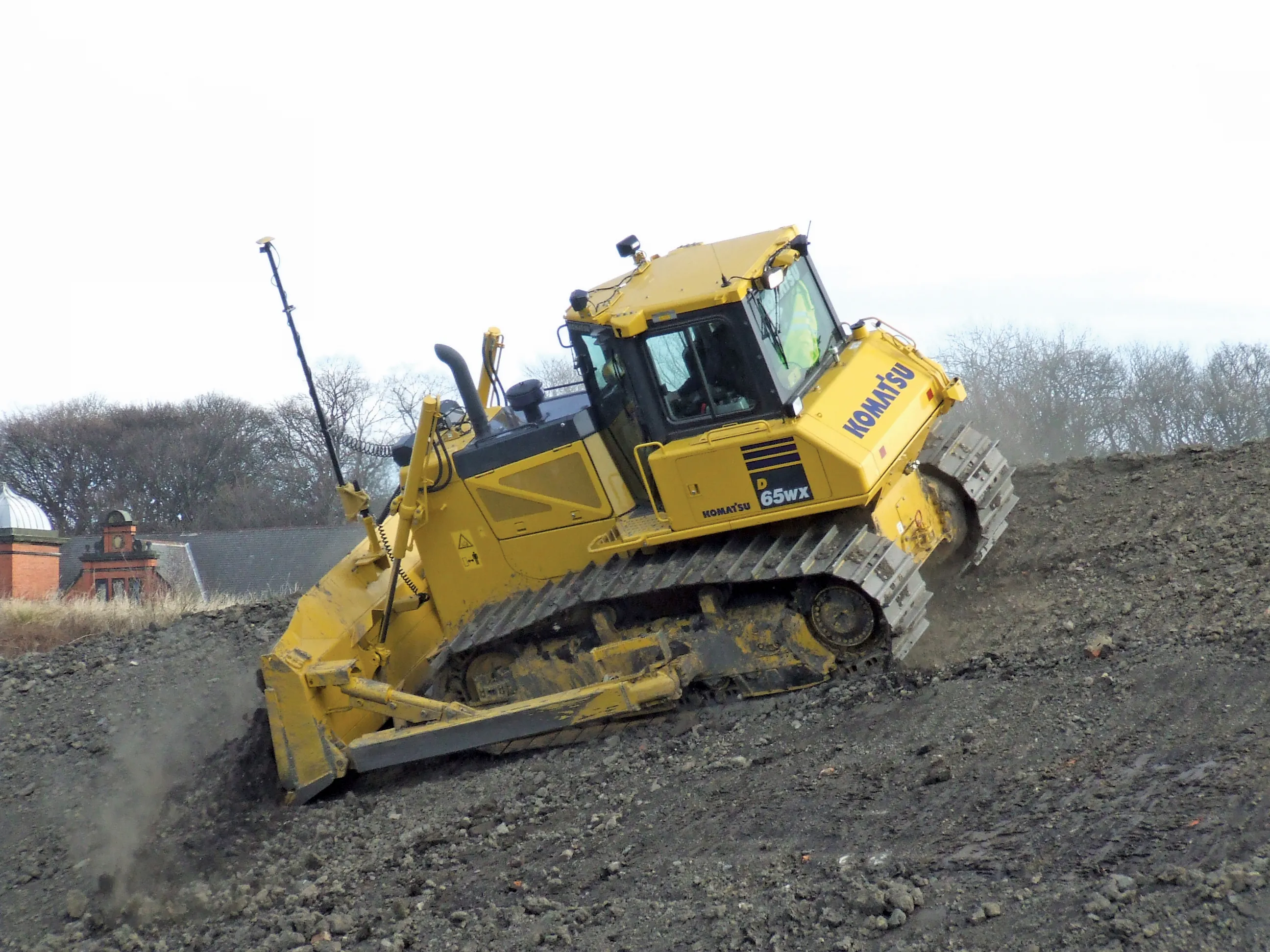A Chinese company, Sanya Si Hai, has developed a car that can be produced using a 3D printer. Costing just US$1,700, the vehicle is somewhat basic and is only capable of 40km/h. The battery-powered Shuya car can carry two people and is intended for use on short urban trips. However, the diminutive Shuya was beaten to pole position for the honour of the world’s first 3D printed car by the US-developed Strati, made by Local Motors in the US. Sanya Si Hai has previously developed a 3D printed boat that is 2m l
July 1, 2015
Read time: 1 min
A Chinese company, Sanya Si Hai, has developed a car that can be produced using a 3D printer. Costing just US$1,700, the vehicle is somewhat basic and is only capable of 40km/h. The battery-powered Shuya car can carry two people and is intended for use on short urban trips. However, the diminutive Shuya was beaten to pole position for the honour of the world’s first 3D printed car by the US-developed Strati, made by Local Motors in the US. Sanya Si Hai has previously developed a 3D printed boat that is 2m long and can carry two people.






